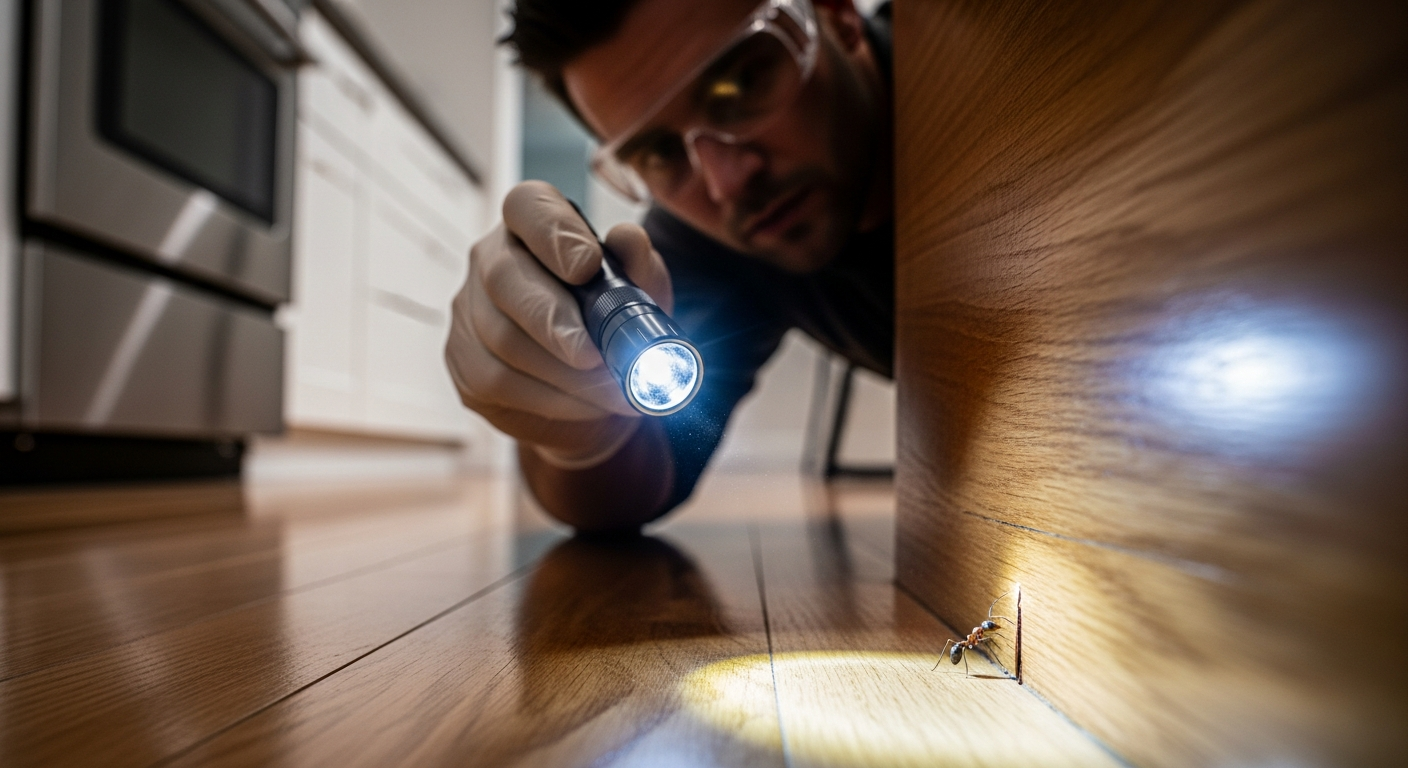The Intriguing Lives of Octopuses as Pets
Have you ever considered having an octopus as a pet? This might seem like an unusual choice but keeping an octopus in a home aquarium is becoming increasingly popular. In this article, we delve into the fascinating world of octopuses, their suitability as pets, and how to care for them.

Unraveling the Octopus Enigma
Octopuses are among the most intelligent invertebrates, known for their complex behaviors and problem-solving abilities. These marine creatures belong to the Cephalopod family, which also includes squids and cuttlefish. They have been part of marine life for nearly 300 million years, evolving into around 300 different species.
Historically, octopuses were seen as monsters of the deep, feared by sailors for their alleged ship-sinking abilities. Today, they have gained recognition for their intelligence, with numerous studies reporting their capacity for learning, memory, and even play.
The Recent Popularity of Octopuses as Pets
In recent years, the interest in keeping octopuses as pets has surged. This is primarily due to advancements in aquarium technology, making it possible to replicate their natural habitat at home. Moreover, their intelligent and curious nature offers a unique pet-keeping experience.
Octopuses have also increasingly featured in media and popular culture, further fueling public interest. For instance, the Netflix documentary “My Octopus Teacher” (2020) showcased the remarkable intelligence and emotional depth of these creatures.
Pet Octopus Care: A Demanding Undertaking
Despite their growing popularity, keeping an octopus is not a task to be taken lightly. They require a specific diet, usually consisting of live crabs and shrimp. They also need a specifically designed aquarium to mimic their natural habitat and prevent their notorious escape attempts.
The cost of setting up a suitable aquarium can range from a few hundred to several thousand dollars. The price of the octopus itself can also vary, typically between $30 and $100, depending on the species.
Additionally, octopuses have relatively short lifespans. Most species live for only one to two years, which can be a heartbreaking experience for pet owners who have grown attached to their intelligent companions.
The Ethical Considerations of Keeping Octopuses
The trend of keeping octopuses as pets has raised ethical questions. Some animal welfare advocates argue that it is inhumane to keep such intelligent creatures in captivity. They highlight the risk of inadequate care and stress for the animals, which can result in health problems and shortened lifespans.
Moreover, most pet octopuses are caught from the wild, which can have an impact on local ecosystems. Some species are already threatened by overfishing and habitat loss, and the pet trade could further exacerbate these pressures.
A Fascinating Yet Challenging Choice
In conclusion, octopuses are undeniably fascinating creatures, offering a unique and engaging pet experience. However, prospective owners must be prepared for the challenges and responsibilities of keeping these intelligent marine animals.
While the trend of keeping octopuses as pets is unlikely to decline soon, it is crucial to consider their specific needs and welfare. Ultimately, owning an octopus is a commitment to understanding and respecting these remarkable creatures of the deep.




